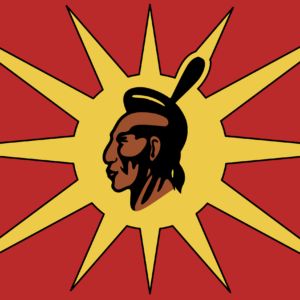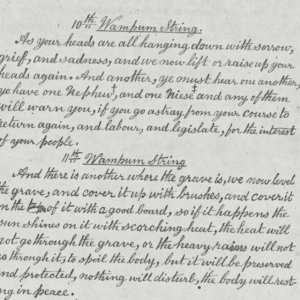
Editorial by Jonathan Garlow
It doesn’t take a fancy tribunal or commission to tell us Canada discriminates against indigenous people, but a recent ruling found that Canada’s on-reserve child welfare system receives up to 38 per cent less funding than elsewhere.
Before colonization we used to live elsewhere. It was our home, but now our ‘special treatment’ allows us to live tax-free on barren plots of land to drink poisonous water and receive other free health benefits. Canadians get angry because they think we have a free ride, but would anyone like to trade places with us?
Indigenous people are living in third world conditions on reserves because the Indian Act system is a federal agency which means reserves do not receive provincial or municipal funding.
Cindy Blackstock had to fight long and hard with the government of Canada for the Canadian Human Rights Tribunal to even proceed. Canada racked up 5.3 million dollars in legal fees fighting against human rights. Why place such a burden on the taxpaying public?
It seems like we are not classified as humans in Canada, but are legally designated as Indians. Maybe this is why there is no huge outcry about the water advisories in our reserves. Maybe we would be better off moving to Flint Michigan to get help than to depend on the Canadian government to help us.
The statistics show 400 out of 618 indigenous nations within Canada have had water issues between 2004 and 2014. Grassy Narrows is facing staggering levels of mercury in their water that is resulting in developmental delays and physical abnormalities in their children. Six Nations, the most ‘urban’ reserve in Ontario, has water advisories for local well water due to e.coli bacteria.
The Neskantaga First Nation in Ontario has been in a water crisis for 20 years. The Nazko First Nation in B.C. has had worse water than Flint for the last 16 years. Alexis Creek, Shoal Lake, Deer Lake, and many other reservations in Canada have water unfit for drinking and some water is even dangerous to wash in.
These health issues are remnants of the cruel Canadian legacy of genocide. They attempted to colonize our people and destroy our culture and society. How can we expect intervention and assistance from a government that not long ago was trying to kill us and mind wipe our children?
Stephen Harper’s hero, Sir John A. Macdonald, was both Prime Minister and Minister of Indian Affairs during the advent of the Indian Act in 1880. He was personally responsible for wrongfully executing Louis Riel in 1885. The Queen’s Knight also starved thousands of indigenous people of the plains, forcing them onto reserves after the buffalo were intentionally exterminated and hoped the Indian Act would “justify the experiment being tried,” he said.
Canada’s First Prime Minister was responsible for the largest mass execution in Canadian history. He hung seven Cree activists for resisting colonization. Round the Sky, Bad Arrow, Miserable Man, Iron Body, Little Bear, Crooked Leg and Man Without Blood, were all murdered on November 27, 1885.
In a letter just before he killed these men he wrote to the commissioner of Indian Affairs and said, “The executions of the Indians ought to convince the Red Man that the White Man governs.”
Macdonald has a special day to honour his legacy. Sir John A. MacDonald Day is celebrated every year on January 11th in Canada. His image is revered and honoured on our five dollar bills like some kind of god. He is Canada’s knight in shining armour.
Thankfully, John A. MacDonald’s murderous “experiment” is failing. We can’t change the past. But we can recognize the failures and correct the problems that exist today.
What side of history do you want to be on? If you choose to side with Macdonald and his kind, you are supporting mass murder — it’s just status quo, baby. But if you are on the side of reconciliation, let’s fix these water problems and declare a state of emergency.






